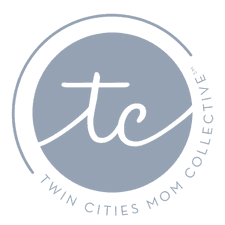What if I get sick? What if they laugh at me? I’m too scared to do that… I am worried about….. Sound familiar? If you have an anxious child or want to know how better to support your child’s worry (maybe you worry too), these parenting books for worry are for you!
Let’s talk worry first. Childhood worry is expected, and Childhood anxiety is on the rise! Why? Well, there are many factors, including more things to worry about, changes in parent response, changing society, access to scary information, the global pandemic. Just to name a few. To best get a handle on worry, it is important for parents to focus less on the specific worry’s content and better understand the mechanism of anxiety. This allows us to respond most effectively in teaching our children to be resilient and increase their ability to tolerate uncertainty.
To help illustrate this idea, let me tell you a story. As a child, a few of my worries included thunderstorms, bugs, and being around new people. My parents thought it would be a great idea to get me out of the house by going to summer camp. Um, hello, all the things that worry me in one place? No thanks! Of course, I had no choice, so I went away to camp with worry building inside me. I like to believe my parents knew I could tolerate my discomfort and sent me off on a sort of confidence-building mission. I managed fairly well until we were meant to go on our overnight camping trip to a more remote space on the property. I was petrified.
In a tent, with bugs, and the chance of a storm? I spent a significant amount of time with my eyes trained to the sky like some amateur meteorologist determining the cloud formations and the threat for severe weather. I began to feel worry build in my body with a stomach ache. All I wanted to do was go back to camp and not feel this complete discomfort. I tried urgently to get my counselors to see my concerns and let me get sent back to camp. They weren’t having it. My favorite counselor told me, “I know you are worried, this is a new experience for you, and I think you can handle this night.” I did not believe her at all. I thought she was crazy, and I decided in my head I would never ever return to this awful place again. I begrudgingly made it through the night, barely sleeping and waiting for the sun to rise to return to main camp. In the end, while stressful, I did make it through the night. In the morning, as I trekked back, I was ready to be back at main camp, but I felt a little prouder knowing I had made it.
The following summer, I went back. I was still worried about the storms, but I chose to do a longer trip. And then, I went on to do even longer trips and ultimately became a counselor. I never stopped being worried or uncomfortable about storms and bugs, but I knew I could handle my discomfort. I was not going to let it stop me from doing cool things.
As parents, our role is to empathize and validate our child’s worry even if the thing does not worry us, seems illogical, or changes. Then we should express our confidence in their ability to tolerate that uncertainty as they face the everyday challenges of growing up.
This is not always an easy task. I get it! We may have our own worries impacting our ability to model anxiety management. Or we may focus on our desire to protect without understanding the need to mirror confidence to our children. Or childhood worry has gotten to be more intense and moved into significant anxiety.
I think it is essential to get support and advice on how best to parent through worry early on so you can be prepared and ready for when it comes into your home.
To best prepare and help you on your way, I wanted to share 3 of my favorite parenting books for understanding childhood worry and anxiety.
-
Anxious Kids, Anxious Parent by Lynn Lyons
Written by Lynn Lyons, a clinical social worker specializing in childhood anxiety. Lynn focuses on how parents can teach their children to face worry head on. She includes actionable strategies to change behaviors at home and what skills parents can encourage in their children to manage worry. As described “Using current research and contemporary examples, the book exposes the most common anxiety-enhancing patterns—including reassurance, accommodation, avoidance, and poor problem solving—and offers a concrete plan with 7 key principles that foster change.”
2. Breaking Free of Child Anxiety and OCD: A Scientifically Proven Program for Parents by Eli R. Lebowitz
Eli Lebowitz is from the Yale School of Medicine Child Study Center, where he is director of the Program for Anxiety Disorders. Eli believes parental responses to worry are often well intentioned but can reinforce and even make childhood worry worsen. He has research to prove it. This book focuses more on how you as a parent can respond to your child’s worry rather than focusing on controlling your child’s thoughts, feelings and behaviors. I find this book is really helpful to reduce the battle at home and let you focus more on how you can best respond to your child.
3. Whole Brain Child: 12 Revolutionary Strategies to Nurture Your Child’s Developing Mind by Daniel J. Siegel, M.D. and Tina Payne Bryson, Ph.D.
Okay, so this one is not specific to childhood anxiety but I just love this book and it has to be part of every parent’s book shelf. Dan Siegel is a leading researcher and educator on mindfulness and brain science. Tina is a clinical psychologist and parent educator. The two of them paired together have created an easily accessible book on your child’s developing brain. This is great for parents of young children who want to focus on fostering their children’s healthy emotional development. Make it your go to during those early childhood years!
I hope these books give you the information and strategies to arm your children with confidence to tackle worry. The absence of worry is not the goal but rather to know how to face it when it shows up. I would love to hear your own stories of how to learned to face your worries and the cool things you were able to do in the end. Be sure to share those with your children as well!




